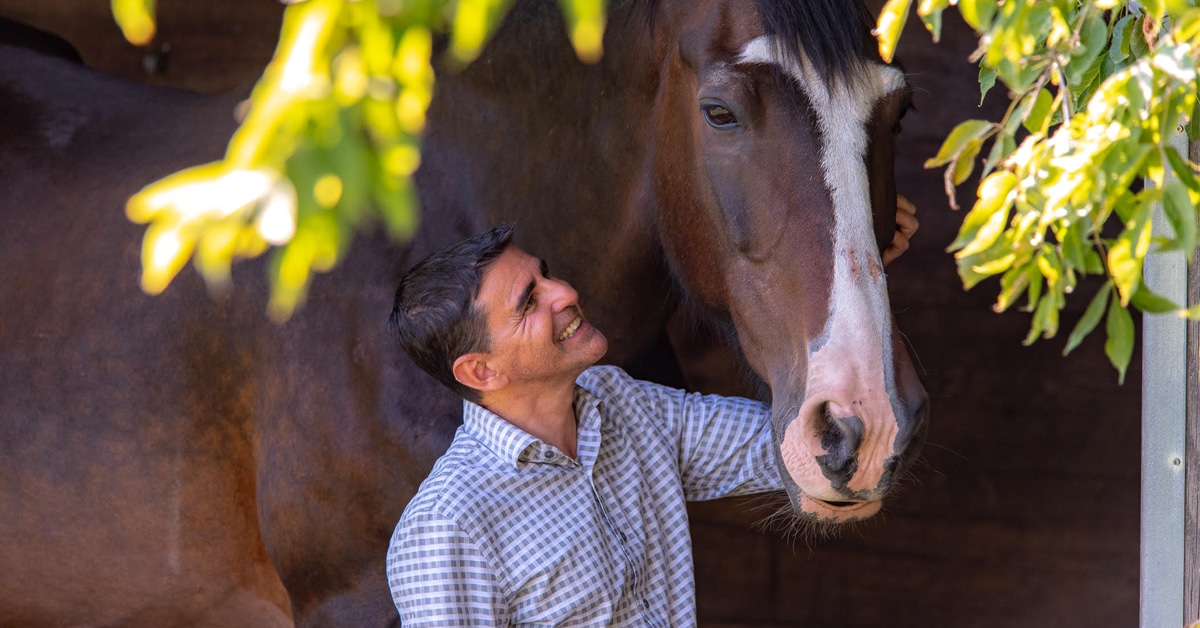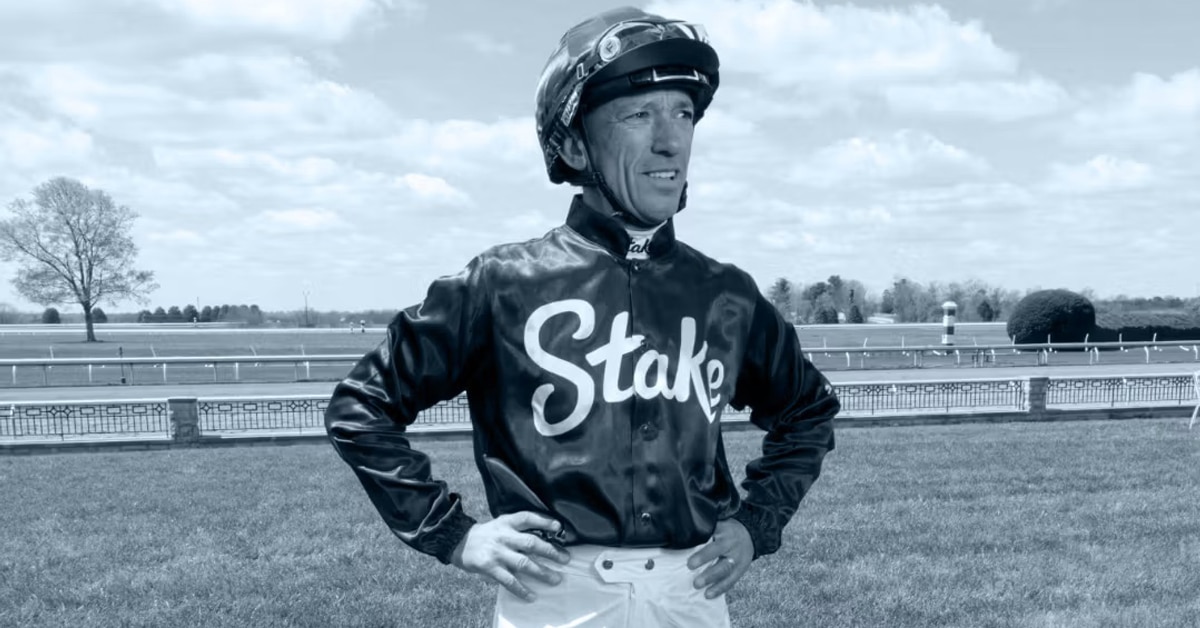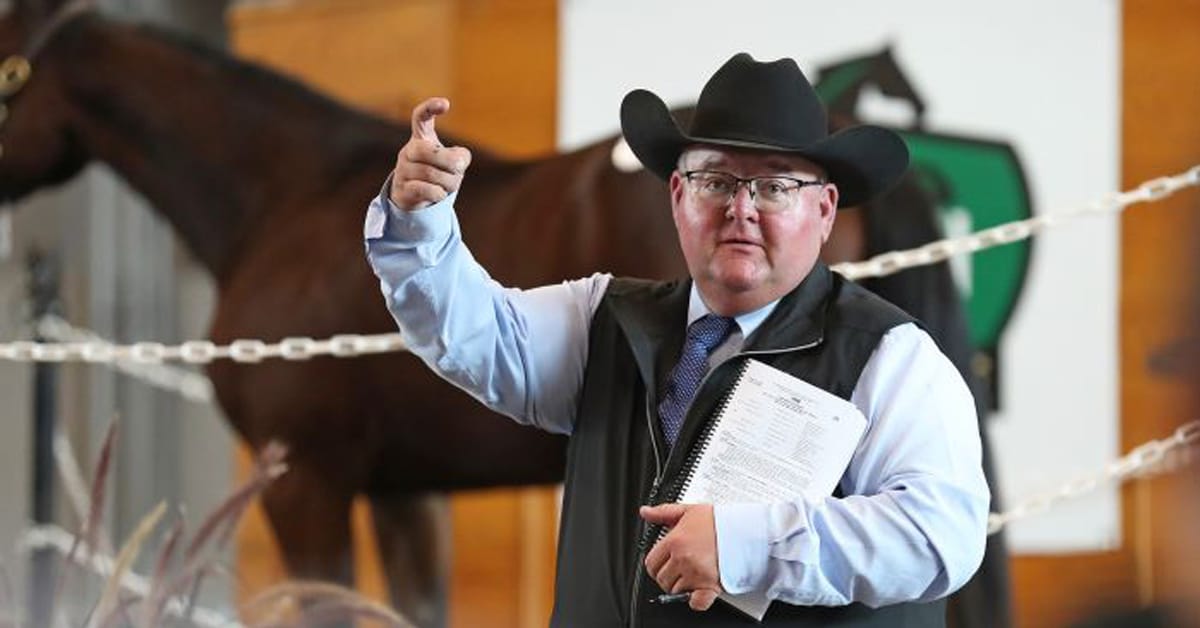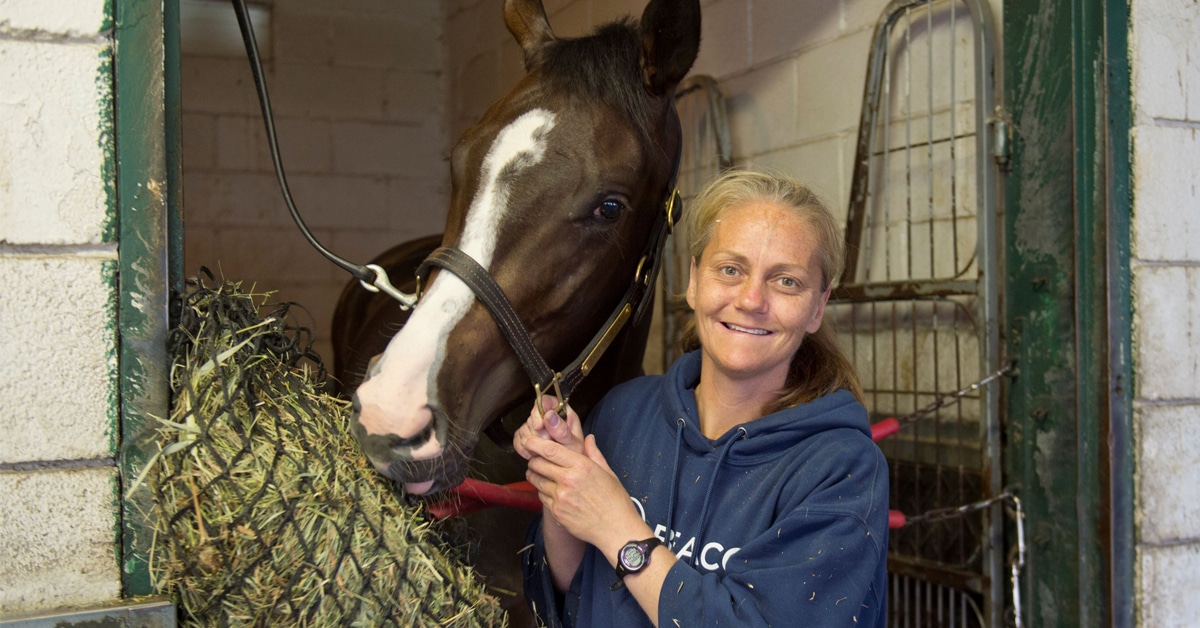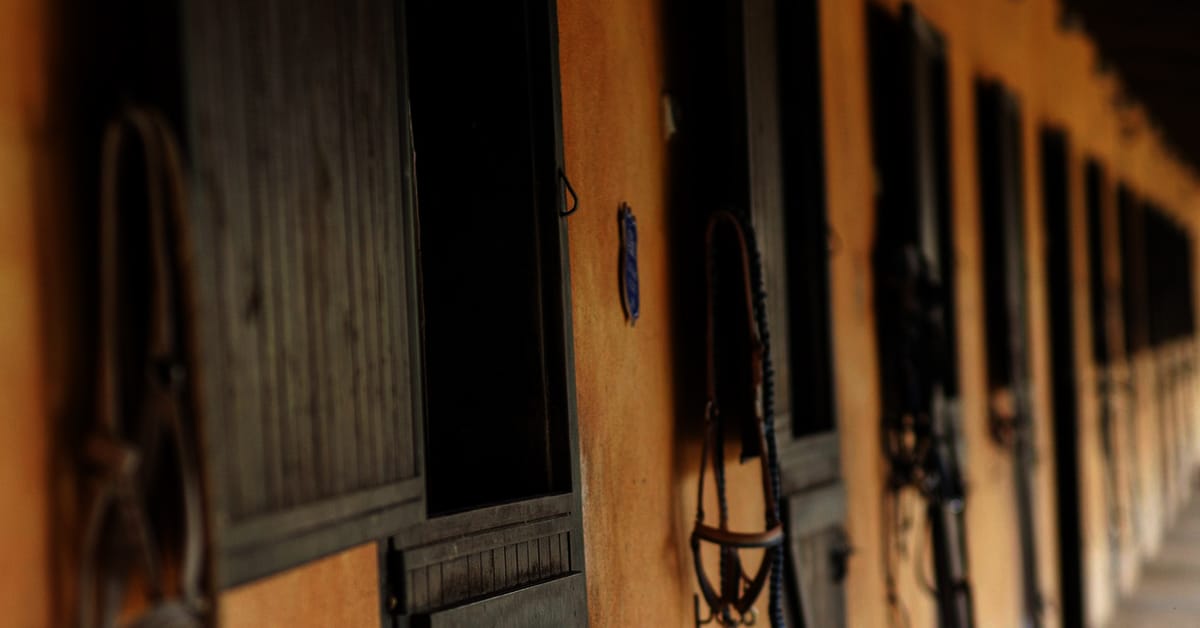Cole Bennett couldn’t wait for the 2020 Thoroughbred season to get started at Woodbine. The young owner and trainer had assembled his first big barn of horses in his fourth full year in Ontario since leaving his home in Winnipeg.
“I had a lot of big dreams this spring,” said the 22-year-old Bennett. “It was my first year with a bigger barn and some nice horses.”
Who could have predicted that soon after bedding down his horses at Woodbine the world would be turned upside down by the spread of coronavirus. Training was restricted and racing delayed.
And just when a start date for racing at Woodbine was finally announced, things got worse for Bennett; Barn 12 where his horses were stabled was struck by a deadly strain of the Equine Herpes Virus, EHV-1, a highly contagious disease that later followed him up to a farm in Shelburne where he boards his horses.
More than 30 horses combined at Woodbine and Luke and Sarah Butcher’s Cedar Creek Farm have tested positive for both neuropathetic and non-neuropathic strains of EHV-1 through May 28. One two-year-old filly from Bennett’s barn was euthanized and three riding horses from Cedar Creek were also put down. There are several at the Ontario Veterinary College at Guelph recovering.
“I wouldn’t wish this on anybody, it was so scary,” said Bennett. “Nobody knows where it came from; the vets could not even say.”
Sudden Shock
On the morning of May 16, Bennett received a call from his barn as he was training a set of horses on the track. A filly who was set to walk that day had collapsed in the shedrow. When Bennett rushed back to the barn, his vet, Dr. Dan Colangelo, tended to the filly before a large group of people managed to get her on a van to get her to Guelph.
No sooner had the van returned when another one of his two-year-olds, a colt, also fell to the ground in the barn.
“He had breezed the day before, he ate up and was acting totally normal. We took him out to walk him and he just collapsed as well,” explained Bennett. “I was just thinking ‘what the hell is going on?’ I was so scared I sent another horse to Guelph because his stall was between those two.”
It was at this time that Dr. Colangelo suspected the herpes virus, which last hit Woodbine in 2013. Thanks to the quick thinking by Bennett, he got his horses to OVC which opened its lab on that first day of the Victoria Day long weekend. The two symptomatic horses did indeed test positive for EHV-1 while the third horse tested negative.
Dr. Luis Arroyo, an associate professor at OVC, was present when the horses arrived from Woodbine.
“We just tried to keep the horses quiet, gave them anti-virals and give them nursing care,” said Dr. Arroyo. “You can vaccinate your horse for it, but a vaccine is not going to prevent a horse from getting it or shedding it.”
Dr. Arroyo equates the neurological strain of EHV-1 to a human having a stroke.
“Basically what happens is a little hemorrhage in the brain. They look like they are drunk and dragging their feet, but mentally they can be bright and happy. Some horses will have just a mild form of it.”
Two more of Bennett’s horses tested positive the following day, May 17, without showing any symptoms. But very early on Monday morning, one of those, a two-year-old filly, was found down in her stall and could not be saved.
Virus hits Cedar Creek
Meanwhile, Bennett had informed the Butchers at Cedar Creek, who have boarded Bennett’s horses for two years, of the virus invading Woodbine and they quickly put biosecurity plans into place. Bennett had been up to the farm since the outbreak and the virus is easily transferred virtually any which way: by gloves, boots and equipment.
“I moved some horses around,” said Sarah Butcher, who has operated the riding stable with husband Luke for 16 years. “I put the riding horses outside and separated others. I’m not sure if maybe I could have infected more horses, but there wasn’t a lot of time to worry about ‘shoulda, coulda’.”
Assisted by Dr. Bri Henderson-Elliott, who was “a godsend, I never would have made it through this without her” and Dr. Alison Moore of Ontario Ministry of Agriculture, Food and Rural Affairs (OMAFRA) all horses at the Butcher’s farm were tested and each one came up negative.
However, EHV-1 has an incubation period of three to eight days and up to 14 days. Before the week was up, Butcher noticed one of the riding horses went from walking normally to be not being able to walk at all. She had to put two boarder horses down on May 23 and one of her own on May 25.
“It was awful, it just suddenly came on,” said Butcher. “One of the horses was owned by a 21-year-old and she had been out of work because of the COVID-19 pandemic. The other one was owned by a retired homicide detective. The horses were their best friends.”
Bennett was devastated. “These were horses that kids and their families had for many years and unfortunately I brought it up to the farm on my hands or clothes.”
Butcher does not blame Bennett and wants to ensure that the message of biosecurity and disinfecting procedures gets out to all farms and horse owners.
“We are not blaming him at all, it’s just shitty luck,” said Butcher. “I want to make that clear because there have been rumours going around. It’s nobody’s fault, just a one-in-a-million thing.”
Butcher, who runs the Dufferin Country Pony Club, donated her own horse who passed away to OVC for research purposes.

Sarah and Luke Butcher.
Dr. Arroyo noted that the outbreak at Woodbine, which affected horses in half a dozen barns, is unique not just because of the two strains present.
“This is a very large outbreak by North American standards,” said Dr. Arroyo. “My suspicion is that it would be extremely difficult to trace back to where it came from.”
Dr. Arroyo said that if there was a horse that, for example, shipped a long distance from the US, was perhaps stressed and arrived at a new place a week before, that could be a starting point. But that was not the case with the Woodbine outbreak.“I believe this is a completely innocent accident.”
Containment measures of the virus at Woodbine has been working and Bennett hopes all horses will be cleared soon. His horses that tested positive but recovered are relaxing at Cedar Creek, but could be back at the track later in the summer.
“I am lucky that I have clients who have been with me a long time and are like family to me. It is a very bad situation but they have been devastated but understanding. For the rest of my life the one thing I will about is “sanitize, sanitize, sanitize. So this never happens again.”
*****
Note: Sarah Butcher has set up a GoFundMe page for people who lost horses and have vet bills.
The Latest

